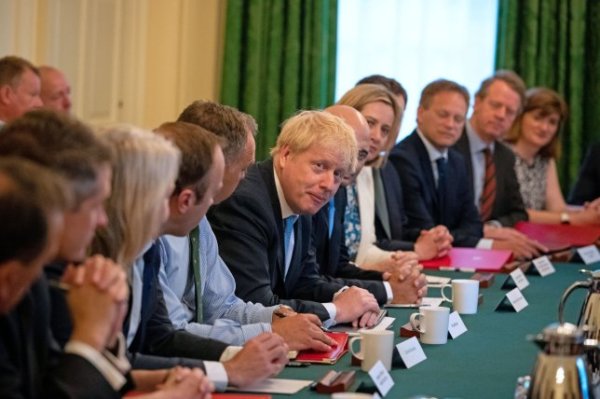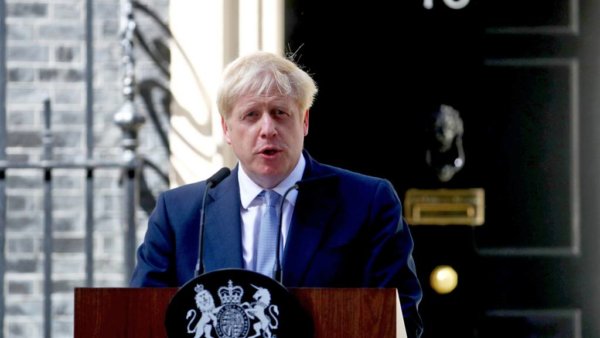
Pound Bounces as Boris Johnson Appoints New Cabinet – Should Holidaymakers Buy Their Euros Now?

This week, Boris Johnson becomes leader of the Conservative party and appoints a new cabinet, with Sajid Javid, Priti Patel and Dominic Raab in top positions. Mr Johnson met with his new ministers on Wednesday evening after he was given permission by the Queen to form a government.

In spite of all this political change in the UK, the pound seems to have benefitted – the pound to euro exchange rate has displayed little volatility following the news of Boris Johnson’s accession to the role of Prime Minister.
So how does his effect holidaymakers? As the schools break up for summer and many families begin to jet off on their holidays, how can holidaymakers ensure they benefit from the exchange rate as it currently stands?
The truthful answer is that nobody can predict when the best moment to buy your euros will be. Currency movements are unpredictable, there’s no way to know the path it’ll take.
We teamed up with peer-to-peer travel money provider, WeSwap, to provide some insight into how prepaid travel cards may be your best bet this summer.
Should I buy my euros now?
For those who are keen to make the most of the exchange rate today, it may be best to buy half of your euros now and half later which effectively lock you in at today’s rate. That way, you can assure that you avoid paying higher rates on all of your cash. It may be beneficial to buy half of your currency before going on holiday whilst the pound is strong, and half at a later date – a simple way to mitigate risk.
Can I wait and just use my bank card abroad?
Even if the pound remains strong whilst on holiday and using your debit card or credit card seems a convenient option, however, Brits get stung every year by nasty ATM fees abroad – £125 million is charged abroad across a nation of holidaymakers. It is important to ensure you are getting the best rates for your money as well as using a travel card that doesn’t come with hidden charges such as ATM fees and transaction fees. Even if the rate of the pound may seem steady and predictable right now, ATM transaction fees are not. With UK debit cards deducting up to around 3% in non-sterling transaction fees, in addition to 2% overseas ATM fee based on the amount you take out, once totalled up, we’re charged at a conservative estimate a colossal £125,000,000 in ATM fees abroad. By researching travel cards, holidaymakers can travel safe in the knowledge that purchasing travel insurance will not take them over their budgets.
“The news that the pound seems so be more steady this week than in the previous months is great news for holidaymakers planning to jet off on their summer holidays this month.” Rob Stross, CMO of WeSwap told YCB.
“However, as we have seen, exchange rate can vary from day to day, so families should ensure that they get the most out of their money as possible. If you do not want to buy all your holiday currency in one single day, it may be worth buying half of your currency whilst the pound is strong and half at a later date, as this is a simple way to mitigate risk. When shopping across travel money providers, holidaymakers should be aware of any up and coming big political dates and stagger travel money purchases accordingly.”
It is best to search around for the best card providers that you can use on your trip, instead of relying solely on your bank card. Although the pound is currently strong, you don’t want to lose money unnecessarily from ATM fees and risk being charged a fee of up to 5% per transaction.















































